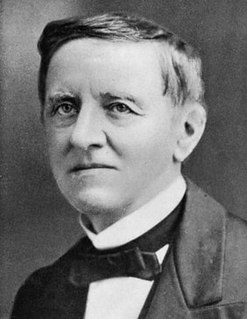A Quote by Alexandre Dumas
Without reflecting that this is the only moment in which you can study character," said the count; "on the steps of the scaffold death tears off the mask that has been worn through life, and the real visage is disclosed.
Related Quotes
Death is the door from the superficial life, the so-called life, the trivial. There is a door. If you pass through the door you reach another life - deeper, eternal, without death, deathless. So from so-called life, which is really nothing but dying, one has to pass through the door of death; only then does one achieve a life that is really existential and active - without death in it.
It was a dance of masks and every mask was perfect because every mask was a real face and every face was a real mask so there was no mask and there was no face for there was but one dance in which there was but one mask but one true face which was the same and which was a thing without a name which changed and changed into itself over and over.
At the moment of death, there are two things that count: whatever we have done in our lives, and what state of mind we are in at that very moment. Even if we have accumulated a lot of negative karma, if we are able to make a real change of heart at the moment of death, it can decisively influence our future, and transform our karma, for the moment of death is an exceptionally powerful opportunity to purify karma.
There is an old song which asserts 'the best things in life are free.' Not true! Utterly false! This was the tragic fallacy which brought on the decadence and collapse of the democracies of the twentieth century; those noble experiments failed because the people had been led to believe that they could simply vote for whatever they wanted...and get it without toil, without sweat, without tears. Nothing of value is free. Even the breath of life is purchased at birth only through gasping effort and pain.
Have you noticed that only in time of illness or disaster or death are people real? I remember at the time of the wreck-- people were so kind and helpful and solid. Everyone pretended that our lives until that moment had been every bit as real as the moment itself and that the future must be real too, when the truth was that our reality had been purchased only by Lyell's death. In another hour or so we had all faded out again and gone our dim ways.
I was never a Republican, because those gentlemen, distinguished as they are, have only one real interest, and that is the making of special laws in order to protect their fortunes. I also know they have no compassion for the masses of the people in this country who are without money and who are, many of them, without food or houses. I have always thought that only as a Democrat, reflecting Jefferson and Jackson, could justice ever be done the people because, at this moment in history, ours is the only party which is even faintly responsive to the force of ideas.
We are left with nothing but death, the irreducible fact of our own mortality. Death after a long illness we can accept with resignation. Even accidental death we can ascribe to fate. But for a man to die of no apparent cause, for a man to die simply because he is a man, brings us so close to the invisible boundary between life and death that we no longer know which side we are on. Life becomes death, and it is as if this death has owned this life all along. Death without warning. Which is to say: life stops. And it can stop at any moment.
As we live through thousands of dreams in our present life, so is our present life only one of many thousands of such lives which we enter from the other more real life and then return after death. Our life is but one of the dreams of that more real life, and so it is endlessly, until the very last one, the very real the life of God.




































